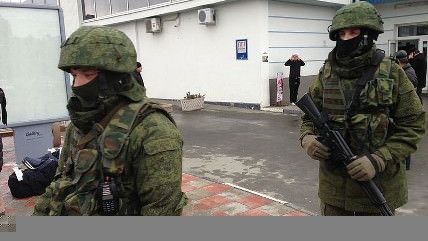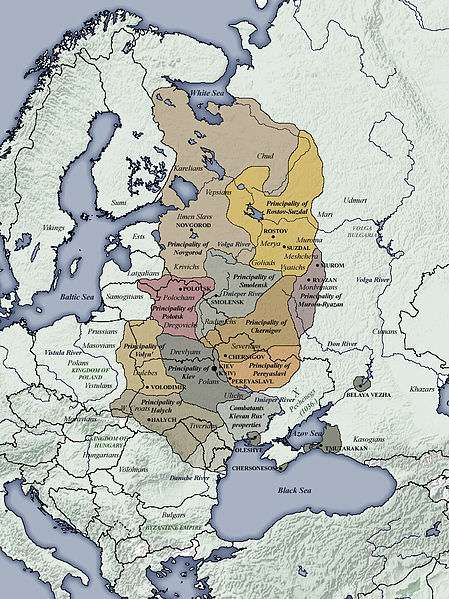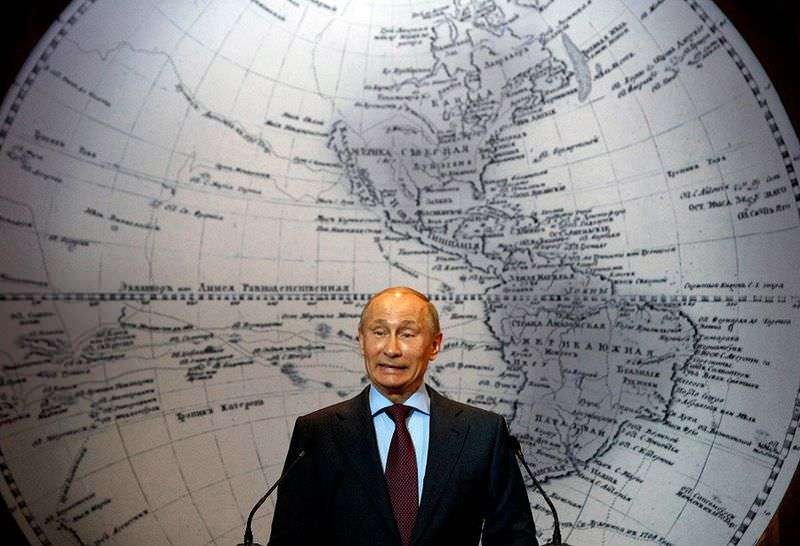Former British Ambassador in Moscow Gives Historical Perspective On Ukraine Crisis

Rodric Braithwaite, the British ambassador in Moscow from 1988 to 1992, recently wrote a column in The Independent that provides not only valuable historical context to the ongoing crisis in Crimea, but also outlines why the best way for the crisis to be resolved is going to involve "eating of words on all sides."

Early on in the column, Braithwaite outlines a brief history of the last thousand years of the area now known as Ukraine:
So perhaps we should start with a short history lesson. A thousand years ago Kiev was the capital of an Orthodox Christian state called Rus with links reaching as far west as England. But Rus was swept away by the Tatars in the 13th century, leaving only a few principalities in the north, including an obscure town deep in the forests, called Moscow.
What became known as Ukraine – a Slav phrase meaning "borderlands" – was regularly fought over by Tatars, Poles, Lithuanians, Russians, Turks, Swedes and Cossacks. One large chunk, including Kiev itself, joined Russia in the 17th century. Galicia in the west fell to the Austrians in the following century, but was taken by Poland after the First World War, when the rest of Ukraine joined the Soviet Federation. Churchill, Roosevelt and Stalin handed Galicia and its capital Lviv to Ukraine in 1945. All these changes were accompanied by much bloody fighting.
Ukraine's Crimean peninsula followed a different but equally tumultuous path. The seat of a powerful and predatory Tatar state, it was conquered and settled by the Russians in the 18th century. Stalin deported its Tatar minority in 1944 because, he said, they had collaborated with the Germans. They were later allowed to return. Crimea only became part of Ukraine in 1954, when Khrushchev gave it to Kiev as a present.
Ukraine became an independent country for the first time since the Middle Ages when the Soviet Union collapsed in 1991.
Braithwaite goes on to outline the attachment many Russians feel towards Ukraine:
…most Russians feel strong emotional links to Ukraine as the cradle of their civilisation. Even the most open minded feel its loss like an amputated limb.

Braithwaite believes it is irresponsible to talk of Ukraine joining NATO, an organization he says most Ukrainians do not want to join. He adds that the majority of Ukrainians want to be on good terms with Russia.
One of the most important points Braithwaite makes in his column is that the West does not have the means to stop Russia being overly involved in Ukrainian affairs:
…the West does not have the instruments to impose its will. It has no intention of getting into a forceful confrontation with Russia. Lesser sanctions are available to it, both economic and political, but they will hardly be sufficient to deflect a determined Russia from its meddling.
The alternative is for the West to talk to the Russians and to whoever can speak with authority for Ukraine. So far the Americans have been ineffective on the sidelines, the British seem to have given up doing foreign policy altogether, and only the Germans, the Poles and the French have shown any capacity for action.
Braithwaite concludes by saying a deal that would likely be better than any other proposed resolution to the crisis would have to include both the West and Russia agreeing to stop interfering with Ukraine, NATO making assurances that it will not work towards recruiting Ukraine, and the West and Russia both offering support to Ukraine's economy.


Show Comments (41)